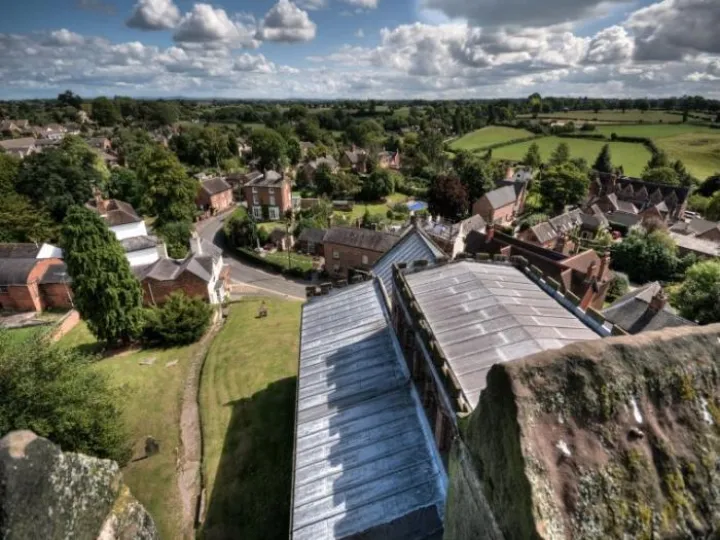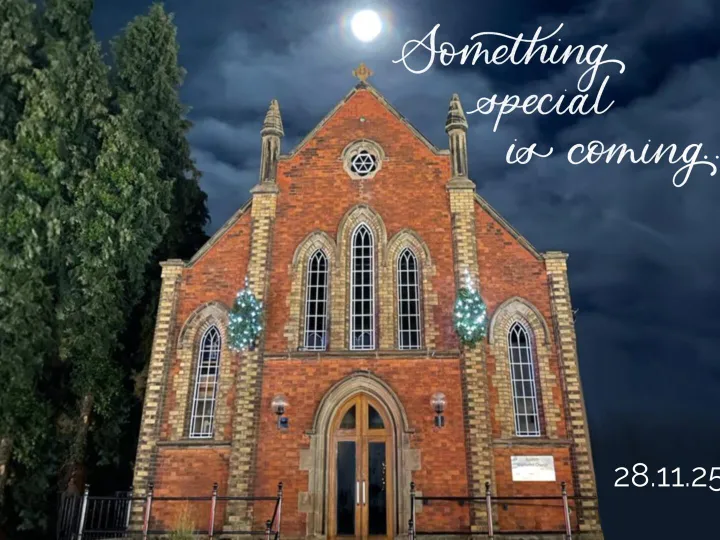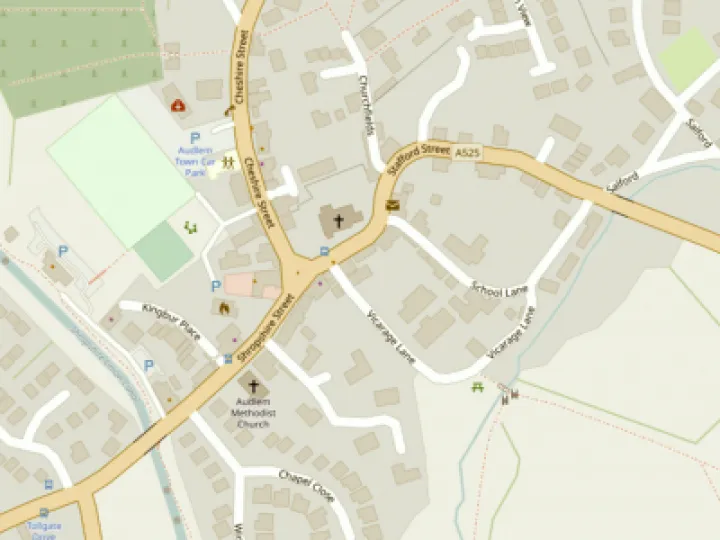

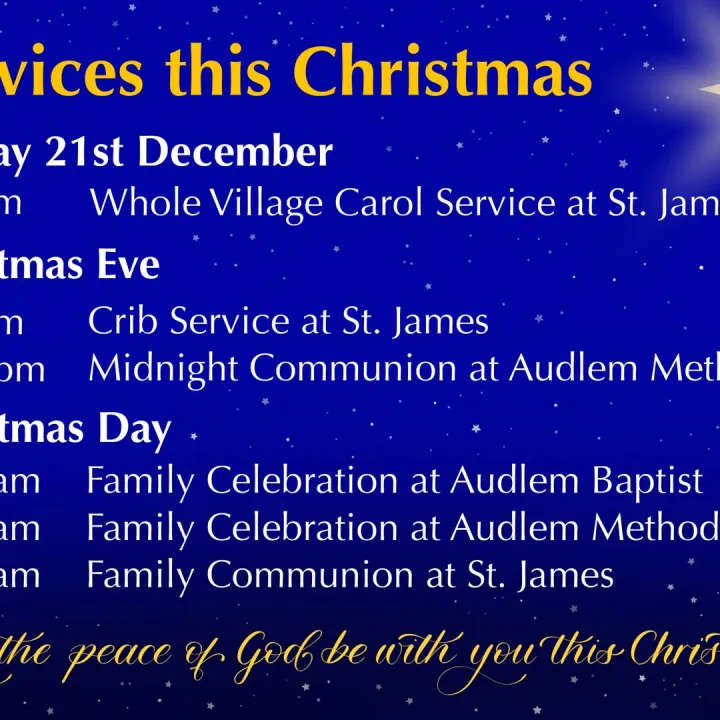

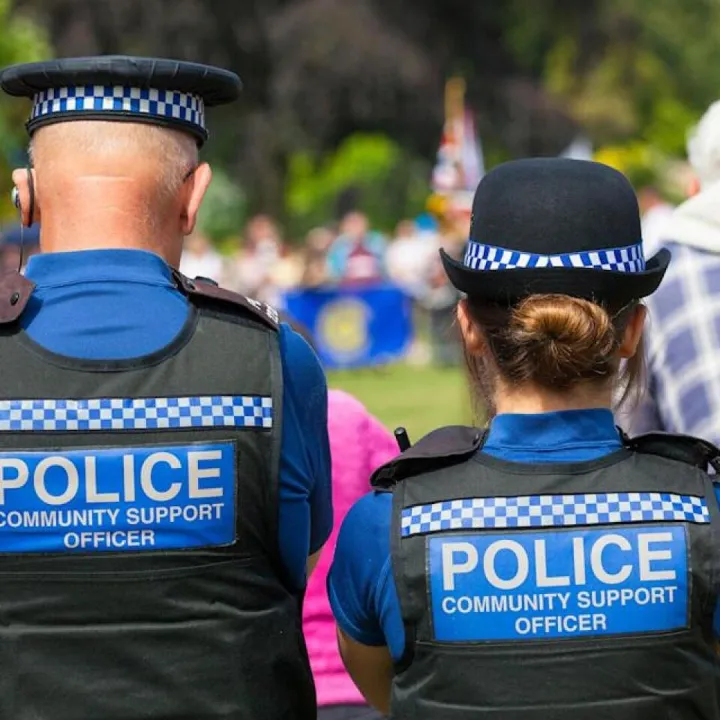

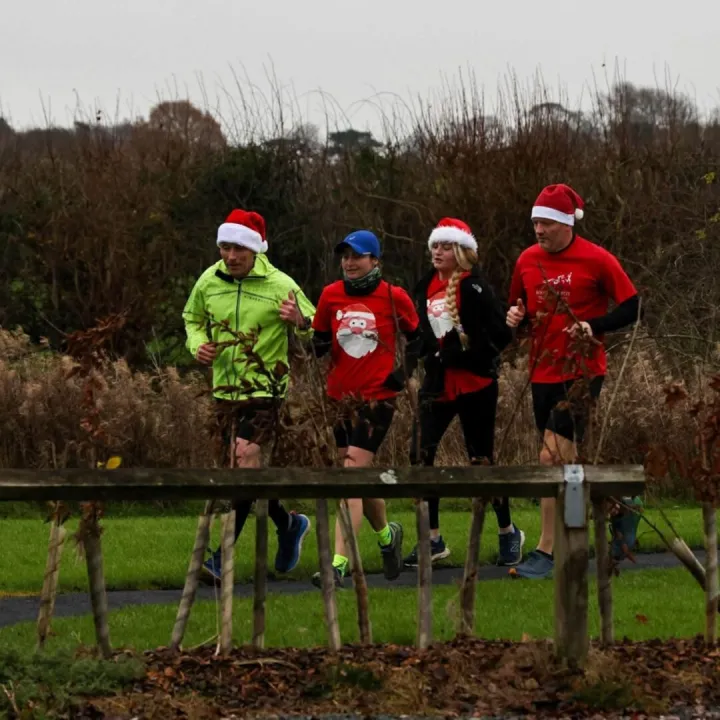

The 30th of July 1966 – World Cup Win
England seemed somehow destined to win the Jules Rimet Trophy in 1966. London was swinging; The Beatles were the biggest pop group in the known universe; the stolen trophy had been recovered in time by a dog called Pickles; and of course they had a team bursting with world class players: Banks in goal, Bobby Moore, Bobby Charlton, the full-backs Wilson and Cohen, and up-front the legendary Jimmy Greaves , the greatest finisher of his generation. And they got to play all their games at Wembley.
Having topped their group in spite of a goalless draw in the opener against Uruguay England progressed to play Argentina in the quarter-final. Greaves of Spurs , injured against France in the last group game, was replaced by Geoff Hurst of West Ham . The Argentine approach was brutal, and eventually the referee sent their captain and number 10 Rattin from the field, fed up with his back-chat and the horrific "tackles" put in by the South Americans. Rattin was the first man dismissed at Wembley, in an era when the game was far more physical than now, and nobody fell over when an opponent criticised their haircut.
Hurst sneaked the game's only goal with a header, and the tournament was over for Greaves, who had not scored in the previous three games. At the end of the match England manager Alf Ramsey prevented his players shaking hands with the opposition such was his disgust at their tactics.
In the semi-final against Portugal skill took the place of the violence seen from Argentina, and Bobby Charlton played one of the great games, with the foil of Eusebio playing against him. Charlton scored both England goals, the second even earning him handshakes from some Portuguese players.
The final at Wembley was played before an official crowd of about 98,000, though if everyone since claiming to have been there is counted it would be closer to quarter of a million! Where England had scraped a draw with Uruguay earlier, the Germans had beaten them 4 – 0 in the quarter final, an ominous comparison, so the English were far from strong favourites. The Germans had world class players to match them: most notably Franz Beckenbauer, 'Kaiser Franz', surely one of the top ten players of all time.
English hopes dipped when in the 12th minute Haller scored after a rare error by Ray Wilson, but they soared again when Hurst nipped in to score with a header just six minutes later. Bobby Charlton got hold of the game, perfectly supported by Alan Ball who must have run 20 miles that day and Nobby Stiles who tackled everything that moved.
With less than a quarter of an hour to go Hurst took a shot and the parried ball dropped to Martin Peters – ten years ahead of his time according to Ramsay, but that day a half second's advantage was enough – who poked it home. With seconds to go, however, the Swiss referee awarded a free-kick to the Germans, and after a scramble in the six-yard box Weber bundled the ball in to make it 2 – 2, and extra-time was signalled.
Ramsay kept his players on their feet to show the Germans they had energy left, and he shouted at his men that their opponents were finished.
Eight minutes into extra time came the most disputed goal in World Cup history, although the 'Hand of God' effort comes close. Ball crossed for Hurst to shoot, the ball hit the underside of the bar, and in the eyes of Soviet linesman Bakhramov crossed the line. Instead of following up Roger Hunt turned to the referee to appeal for the goal to be given. A defender headed the ball clear. Referee Dienst conferred with his linesman (a novel idea some modern referees should consider) then awarded the goal, 3 -2 to England. With dozens of cameras both still and ciné in the stadium no picture has ever proved it either way. But as they say, look in the record books. It was not the only controversial goal that day either, with more than a suspicion of handball in the German second.
At the very end of extra time with the Germans desperately throwing men forward Bobby Moore hit a long pass into Hurst's stride, he took it on and then (as he acknowledged later) hit it as hard as he could with his left foot so that if the shot missed the ball would take precious seconds coming back from the crowd. It didn't miss, and was the best of his three goals that day, rocketing past the keeper.
After the final whistle Alan Ball managed to dance, Nobby Stiles skipped toothlessly into legend, and the country celebrated, though the England players had a quiet evening.
The penultimate word should go to the England manager who had plotted the whole thing, had the courage to drop the out-of-form genius that was Jimmy Greaves; brought through another world class player in Martin Peters, and always kept things logical and level headed. When three goal hero Hurst (the only World Cup Final hat-trick to this day) said to Ramsey in the post-match changing room that he would see him at the next England game, soon-to-be Sir Alf replied: "If selected Geoff, if selected."
And the last word must go to Kenneth Wolstenholme . His brilliant line of commentary at the very end of the game is etched on our race memory. As a couple of England fans got on the pitch, starting as Hurst was running with the ball and ending as he scored, Wolstenholme shouted: "Some people are on the pitch. They think it's all over. It is now."
This article is from our news archive. As a result pictures or videos originally associated with it may have been removed and some of the content may no longer be accurate or relevant.
Get In Touch
AudlemOnline is powered by our active community.
Please send us your news and views using the button below:
Email: editor@audlem.org

